Earth and Environmental Geoscience
- Degree Type Bachelor of ArtsBachelor of Science
- Department Earth and Environmental Geoscience
- Academic Division The College
- Offerings Major
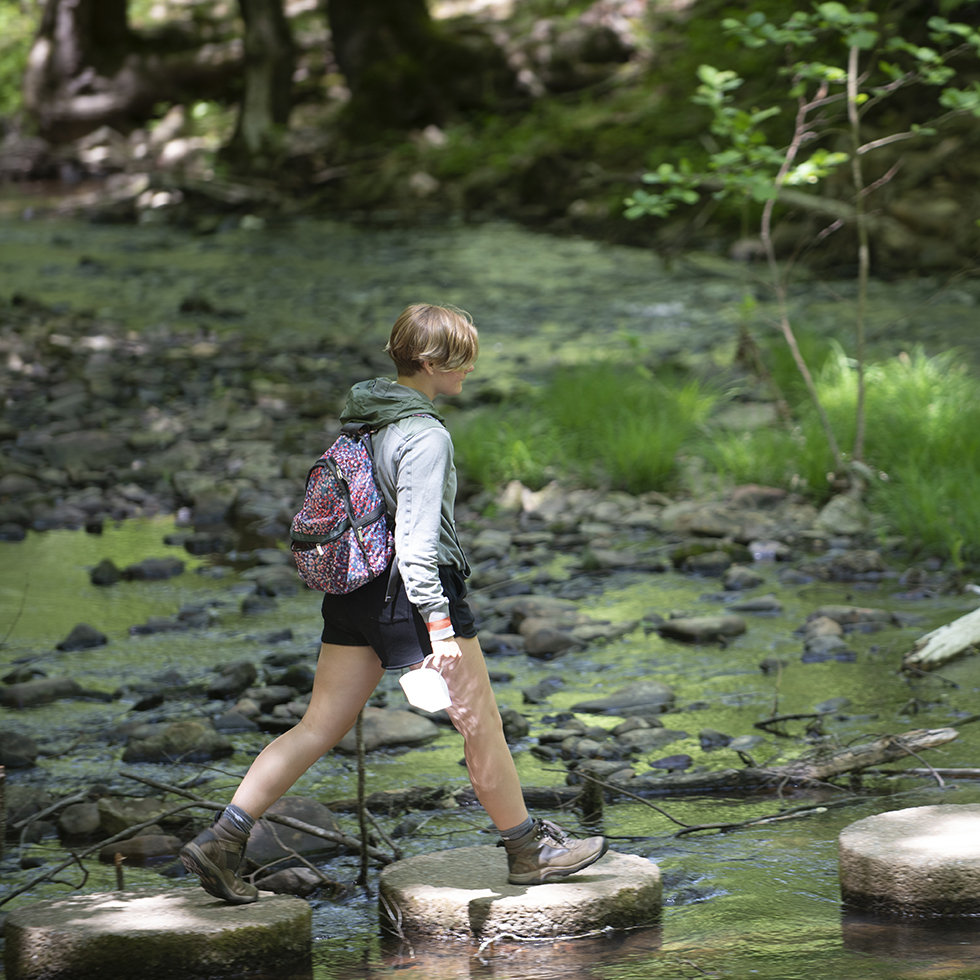

Students who major in earth and environmental geoscience are curious about the natural world, enjoy solving complex problems in the field or laboratory, like spending time outdoors, and are interested in using or protecting our natural resources.
Earth and Environmental Geoscience
Students in our program are exposed to the breadth of core geoscience fields as well as a wide variety of specialty and interdisciplinary science courses. Our curriculum ensures that students develop analytical thinking, reasoning, communication and problem-solving skills, as well as a thoughtful, creative and inquisitive intellect. Much of our coursework is hands-on and completed in the field, laboratory or computer classrooms.
About the Program
Lexington is surrounded by some of the most interesting geology in the Appalachian Mountain system — and our programs take advantage of it. Many courses include excursions for hands-on study and intensive field experiences.
The B.S. in earth and environmental geoscience prepares students for graduate school and a career as a geological scientist. The B.A. prepares students for a career in any number of fields in addition to geology and the environment and graduate school.
Opportunities
Research: Students gain experience working with faculty for credit during the academic year or in the summer with stipends. This has resulted in many student co-authored presentations and scientific publications.
Conferences: We offer financial support for students to attend national and international meetings, where many students present their own research.
Spring Term: We provide numerous opportunities for students to learn in exciting locations at both the introductory and advanced level. Geology students have traveled to New Zealand, Iceland, Belize, Greece, the American Southwest, the Grand Canyon and Hawaii for class.
Field Work: We are ideally situated in a geologically rich area of Virginia, with quick access to a wide variety of geology.
Analytical and Computing Capability: We benefit from state-of-the-art analytical and laboratory equipment, including a scanning electron microscope, stable isotope mass spectrometer with gas bench, inductively coupled plasma optical emission spectrometer, ion chromatograph, X-ray diffractometer, seismic acquisition unit, magnetometers, gravimeter, resistivity unit, unmanned aerial devices, differential GPS, many cutting-edge software programs including ArcGIS and MatLab.
Outcomes
Earth and environmental geoscience alumni work in a variety of fields, including consulting, oil and gas, geophysics, alternative energies, geotechnical engineering, geochemistry, investment and commerce, entrepreneurship, environmental law, academia, secondary education, and as geoscientists in government agencies. Some employers of graduates include:
- Consulting and engineering: Shaw Environmental and Infrastructure, ARCADIS Geraghty and Miller, Booz Allen Hamilton
- Oil and gas corporations: Shell, Chevron, ExxonMobil, ConocoPhillips, Hess, Chesapeake, Advanced Resources Inc.
- Investments and finance: Wells Fargo, DuPont, Hayek Kallen Investment Management
- Conservation and education: Sierra Club, Outward Bound, Brown University, University of North Carolina, Western Albermarle High School Environmental Studies Academy
- Federal and state agencies: EPA, USGS, NOAA, National Geospatial-Intelligence Agency, National Park Service, North Carolina Floodplain Mapping Program
“The Earth and Environmental Geoscience Department and its professors underpin the science education with a teaching style that encourages analytical thinking, clear communication, and curiosity, all of which are skills that prepared me for a wide variety of classes.”
Jack Eason
Class of 2022
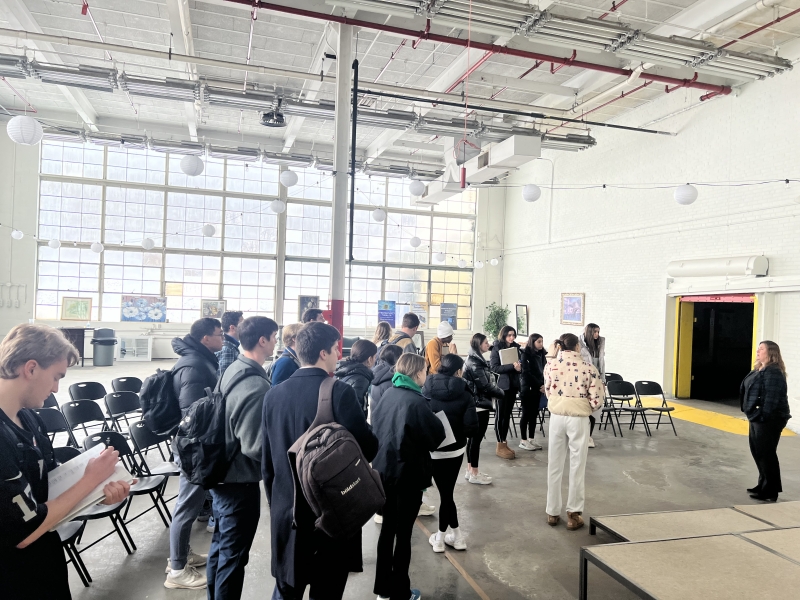
CBL Faculty Collaborative Generates New Community Connections
The 2023-2024 academic year at W&L saw the proliferation of several new course offerings for students through a new faculty development initiative offered by the Office of Community-Based Learning (CBL).

Madhumita Chakraborty Co-Authors Journal Article on Groundwater Contaminants
The earth and environmental geoscience postdoctoral fellow co-authored the papers as part of her doctoral research at the Indian Institute of Technology.

W&L Alumni and Student Awarded NSF Fellowships
Emma Aldrich ’22, Tanajia Moye-Green ’23 and Jules Seay ’24 have received pre-doctoral graduate research fellowships from the National Science Foundation to support their research.
![]()
Washington and Lee Names Four Faculty Members to Endowed Professorships
These faculty have been recognized for their outstanding teaching, scholarship and service to the university.

Six W&L Students Awarded Gilman Scholarships to Study Abroad
The Gilman Scholarship Program offers awards of up to $5,000 to U.S. undergraduate students who are Pell Grant recipients.
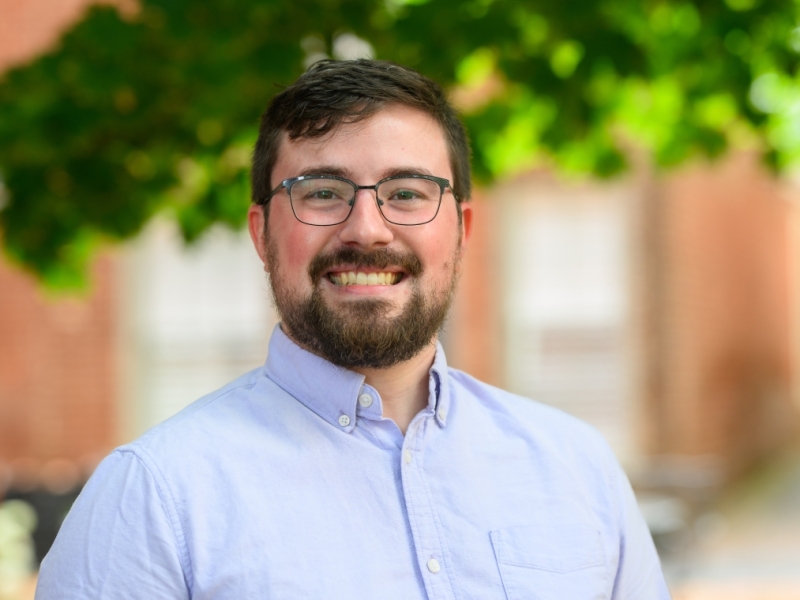
Nicholas Barber Published in the Journal of Volcanology and Geothermal Research
First-year earth and environmental science professor co-authored a paper titled “Monogenetic volcanoes as windows into transcrustal mush.”
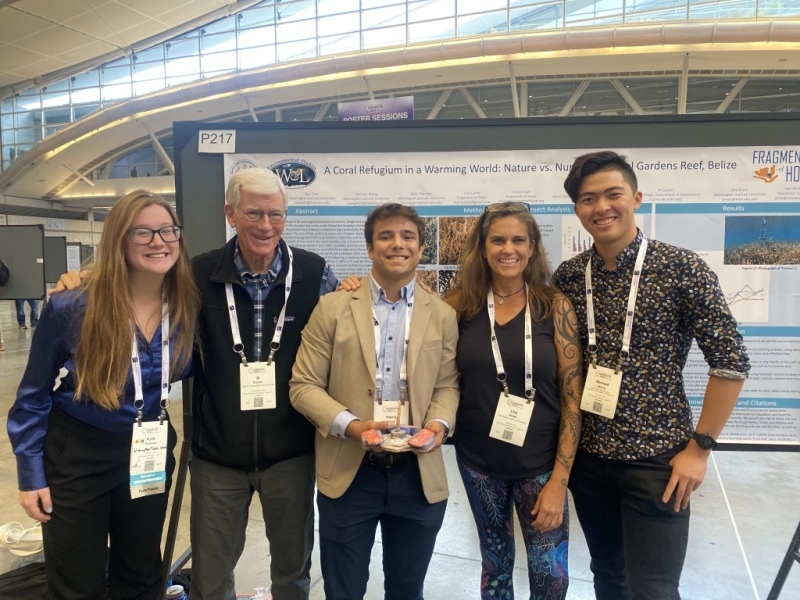
The Department of Earth and Environmental Geoscience provides students with the chance to expand their learning beyond the classroom by attending top national conferences.
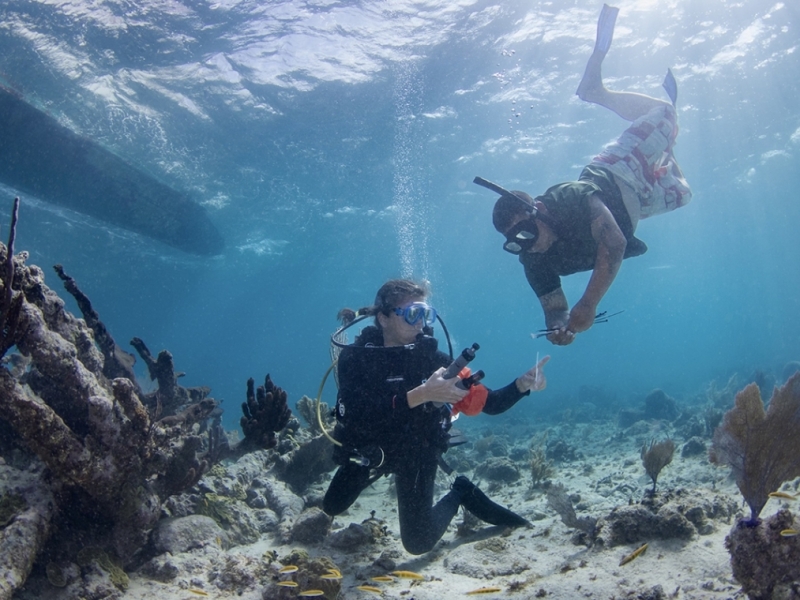
W&L’s Greer Featured in bioGraphic Magazine Article about the Coral Gardens Reef
Professor Lisa Greer has been taking students to Belize since 2011 to study the thriving reef corals located there.
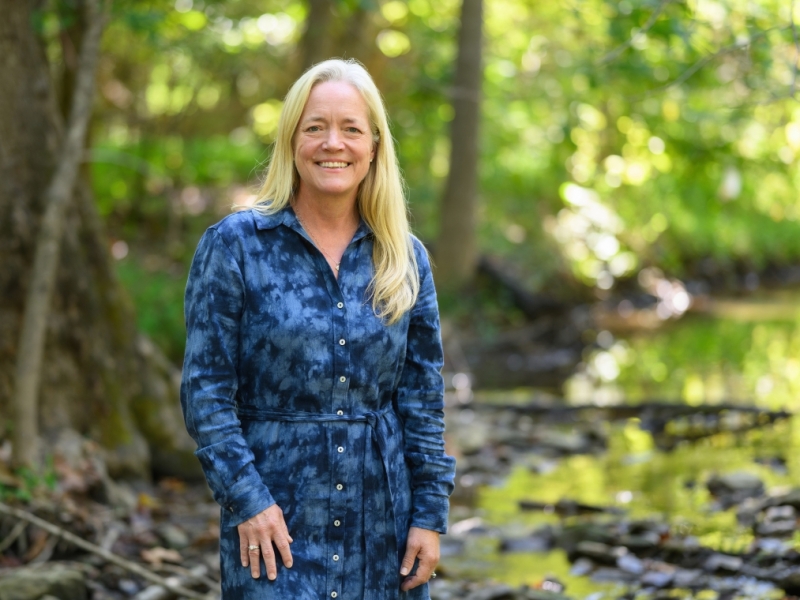
Meet a Colleague: Elizabeth Knapp
Elizabeth Knapp serves as director of the Johnson Program and professor of earth and environmental geoscience.
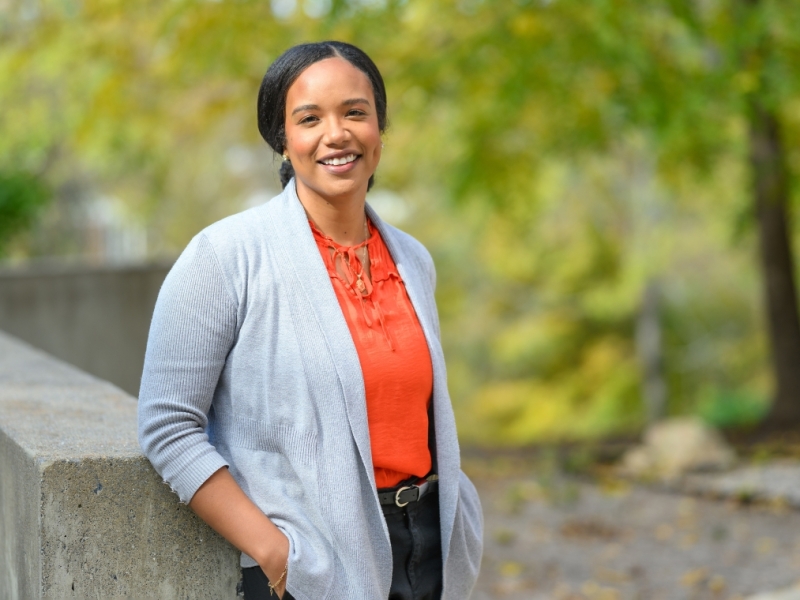
Karena Gill is a visiting assistant professor of earth and environmental geoscience.

Karena Gill handles all aspects of the event slated to be held Sept. 27-30 in Washington, D.C.

W&L Professor Receives Grant from the American Association of University Women
Mengying Liu will use the funds to research high-throughput crystallographic mapping in the United Kingdom.
Sample Courses
At W&L, we believe education and experience go hand-in-hand. You’ll be encouraged to dive in, explore and discover connections that will broaden your perspective.
GEOL 102
Sustainable Earth
The study of Earth systems, our physical environment, and the processes shaping our planet with special emphasis on environmental science and sustainability. There is special emphasis on field study of the region near Lexington.
GEOL 141
Global Climate Change
A study of Earth’s complex climate system and the impact of human activities on future climates. Through readings, discussions, data analyses and modeling exercises, the past and future changes in temperature, ocean circulation, rainfall, storminess, biogeochemistry, glacial ice extent and sea level are explored.
GEOL 205
History & Evolution of Earth
An introductory examination of the origin and physical evolution of the Earth as inferred from the rock record. Areas of particular emphasis include the origin of the solar system and differentiation of the planets; the evolution of the terrestrial atmosphere and hydrosphere; explanations for the development of life; organic evolution and interpretations of “mass extinctions;” the changing configuration of continental blocks and ocean basins by continental drift, seafloor spreading and plate tectonics; and the growth of continental blocks and their mountain systems.
GEOL 231
Environmental Field Methods
An introduction to the study of standard methods, equipment and tools used in environmental field investigations. Special attention is given to methods used by geologists to measure, record and report field observations associated with groundwater, surface water, soil and air. Focus is given to the validity of data obtained using various investigative strategies as well as data handling and presentation. The course has an intensive field component using the local watershed as a model environmental system.
GEOL 335
Petroleum Geology & Geophysics
A survey of the theory and practice of petroleum geology and geophysics. Topics covered include the nature and origin of petroleum, a study of where oil and gas accumulate from the perspective of basin analysis, and the basic principles of reflection seismology and petrophysics. The key petroleum system elements of source, charge, seal, reservoir and trap are studied within the context of how a geologist or geophysicist goes about exploring for and developing petroleum accumulations. Emphasis is placed on the use of industry software and data to analyze geologic features, deposits and basins that are relevant to petroleum exploration and production.
GEOL 360
Tectonics & Thermochronology
An introduction to mountain belts and thermochronologic techniques used to quantify tectonic processes. Topics include orogenic wedges, metamorphic core complexes, rifting, strike-slip systems, orogenic plateaus, the relationship between tectonics and climate, and the use of bedrock and detrital thermochronology to measure rates of faulting, erosion and exhumation. Concepts are discussed in the context of natural examples, including the Appalachians, the European Alps, the Himalaya, the Andes and the Basin and Range Province of the Southwestern United States.
Meet the Faculty
At W&L, students enjoy small classes and close relationships with professors who educate and nurture.
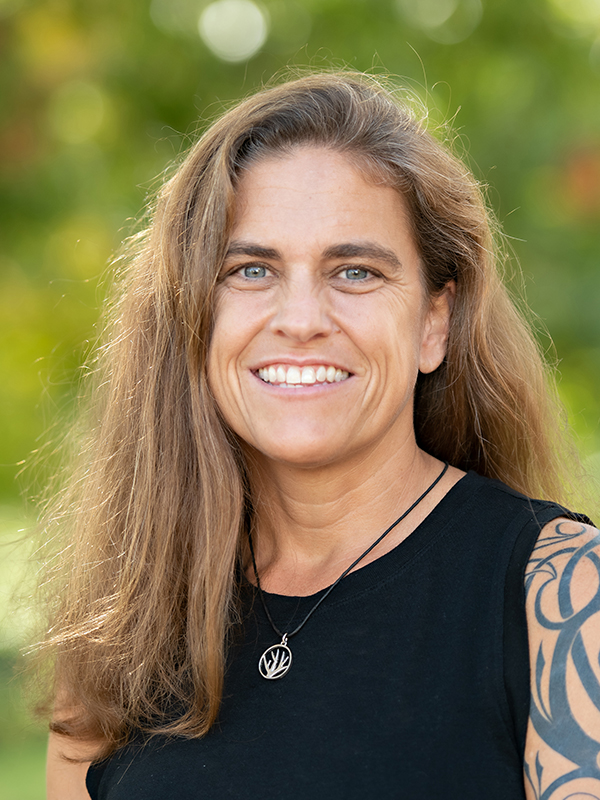

Lisa Greer
Department Head, Professor of Earth and Environmental Geoscience
- P: 540-458-8870
- E: greerl@wlu.edu
Professor Greer teaches general geology, global climate change, oceanography, history and evolution of the earth, and sedimentation and stratigraphy. She is a core member of the environmental studies faculty. She has spent years researching the health, abundance and history of the endangered Staghorn coral in the Caribbean.
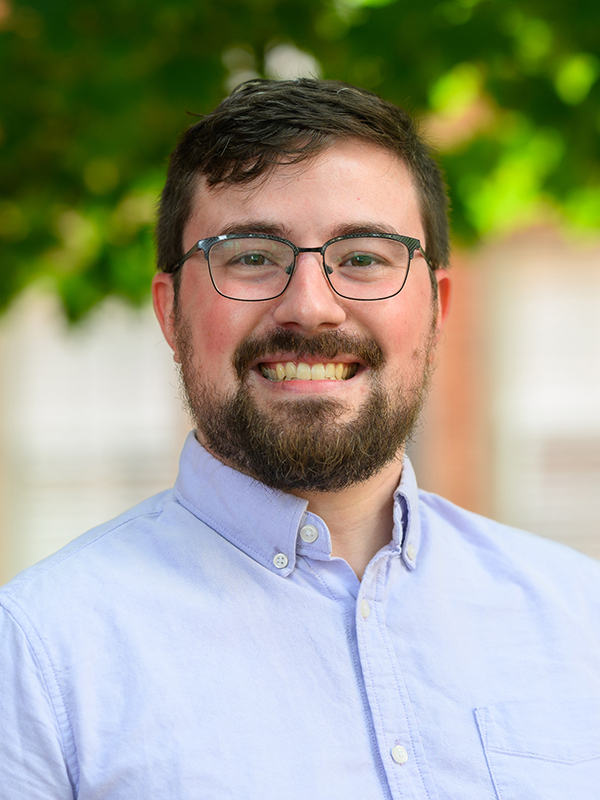

Nicholas Barber
Assistant Professor of Earth and Environmental Geoscience
- P: 540-458-5811
- E: nbarber@wlu.edu
Professor Barber teaches general geology and earth materials. His research interests lie in the formation, evolution, and environmental effects of volcanism.


Madhumita Chakraborty
Postdoctoral Fellow, Department of Earth and Environmental Geoscience
Professor Chakraborty teaches general geology and courses on water resources and hydrology. Her research focuses on understanding water contamination dynamics and identifying safe water resources.
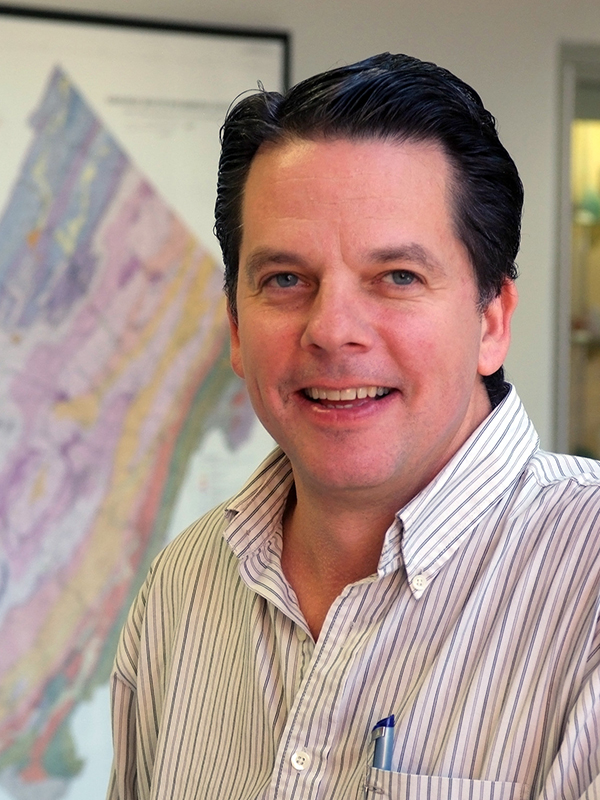

Christopher Connors
William E. Pritchard III \'80 Professor of Earth and Environmental Geoscience
- P: 540-458-8514
- E: connorsc@wlu.edu
Professor Connors teaches general geology, planetary geology, structural geology, field methods, geophysics, and petroleum geology. His research interests are in structural geology, fault-related folding and seismic interpretation of complex structures.


Karena Gill
Visiting Assistant Professor of Earth and Environmental Geoscience
- P: 540-458-8101
- E: kgill@wlu.edu
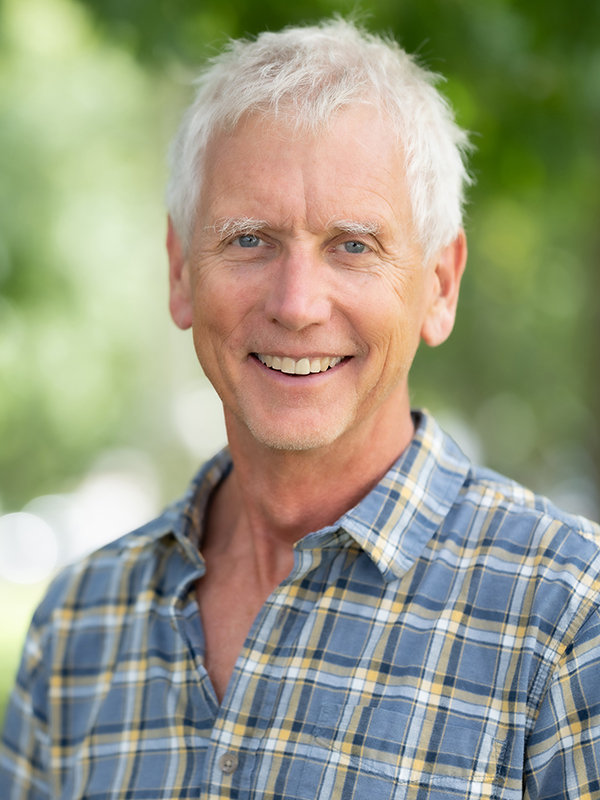

David Harbor
Professor of Earth and Environmental Geoscience
- P: 540-458-8871
- E: harbord@wlu.edu
Professor Harbor teaches general geology, geomorphology, and GIS and remote sensing. He is a core member of the environmental studies faculty. He has researched transient erosion, knickpoint erosion, stream morphology/hydraulics, and regenerative agriculture.
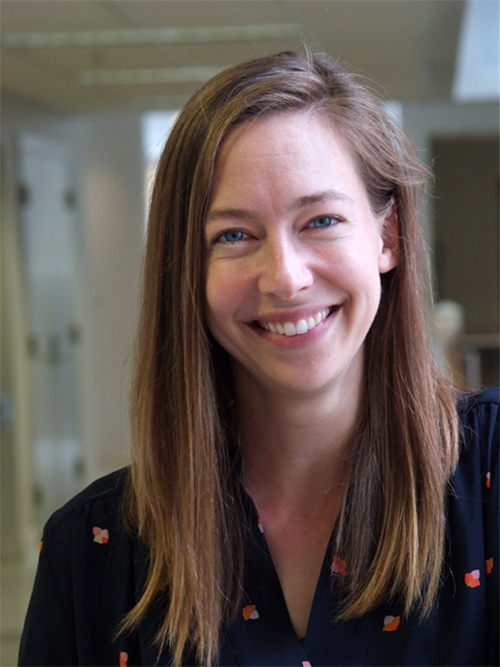

Margaret Anne Hinkle
Assistant Professor of Earth and Environmental Geoscience
- P: 540-458-8271
- E: hinklem@wlu.edu
Professor Hinkle teaches general geology, water resources, environmental field methods, hydrology, and earth and environmental geochemistry. She is an affiliate member of the environmental studies faculty. Her research is aimed at understanding how biogeochemical processes at the mineral-water interface affect water composition.
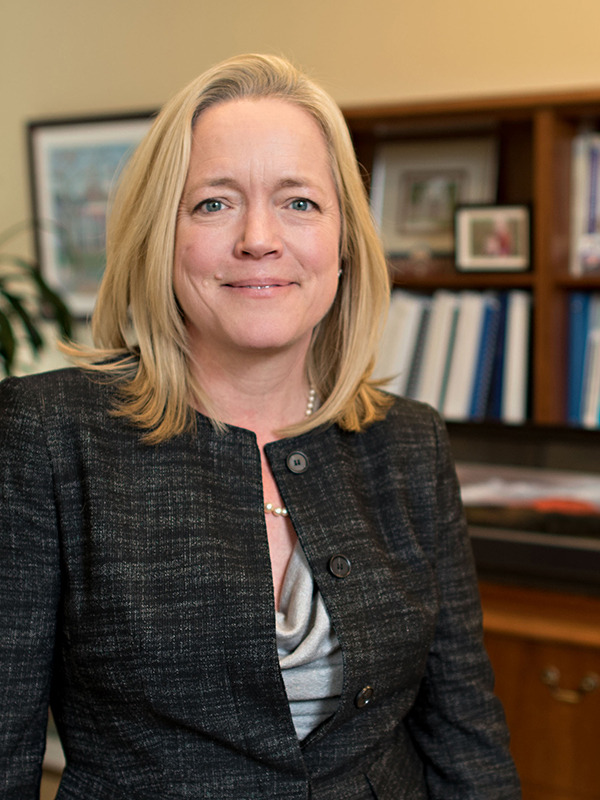

Elizabeth Knapp
Director of the Johnson Program in Leadership and Integrity; Professor of Earth and Environmental Geoscience
- P: 540-458-8867
- E: knappe@wlu.edu
Professor Knapp teaches general geology and introduction to the geology of Hawaii. She is an affiliate member of the environmental studies faculty. She has researched low-temperature aqueous geochemistry and water quality/contaminant transport.
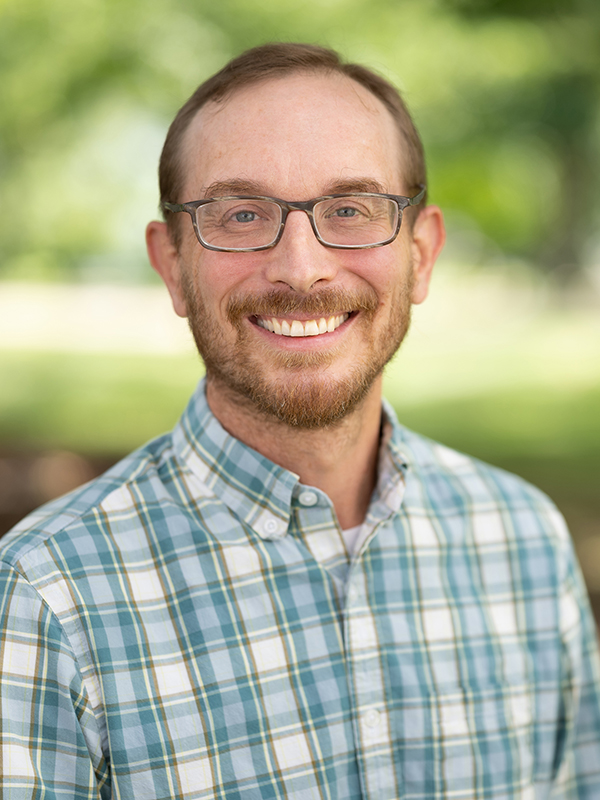

Jeffrey Rahl
Professor of Earth and Environmental Geoscience
- P: 540-458-8101
- E: rahlj@wlu.edu
Professor Rahl teaches general geology, history of geology, tectonics, and rocks and minerals. His research focuses on tectonics and the process that controls the formation, growth and erosion of mountain belts.








